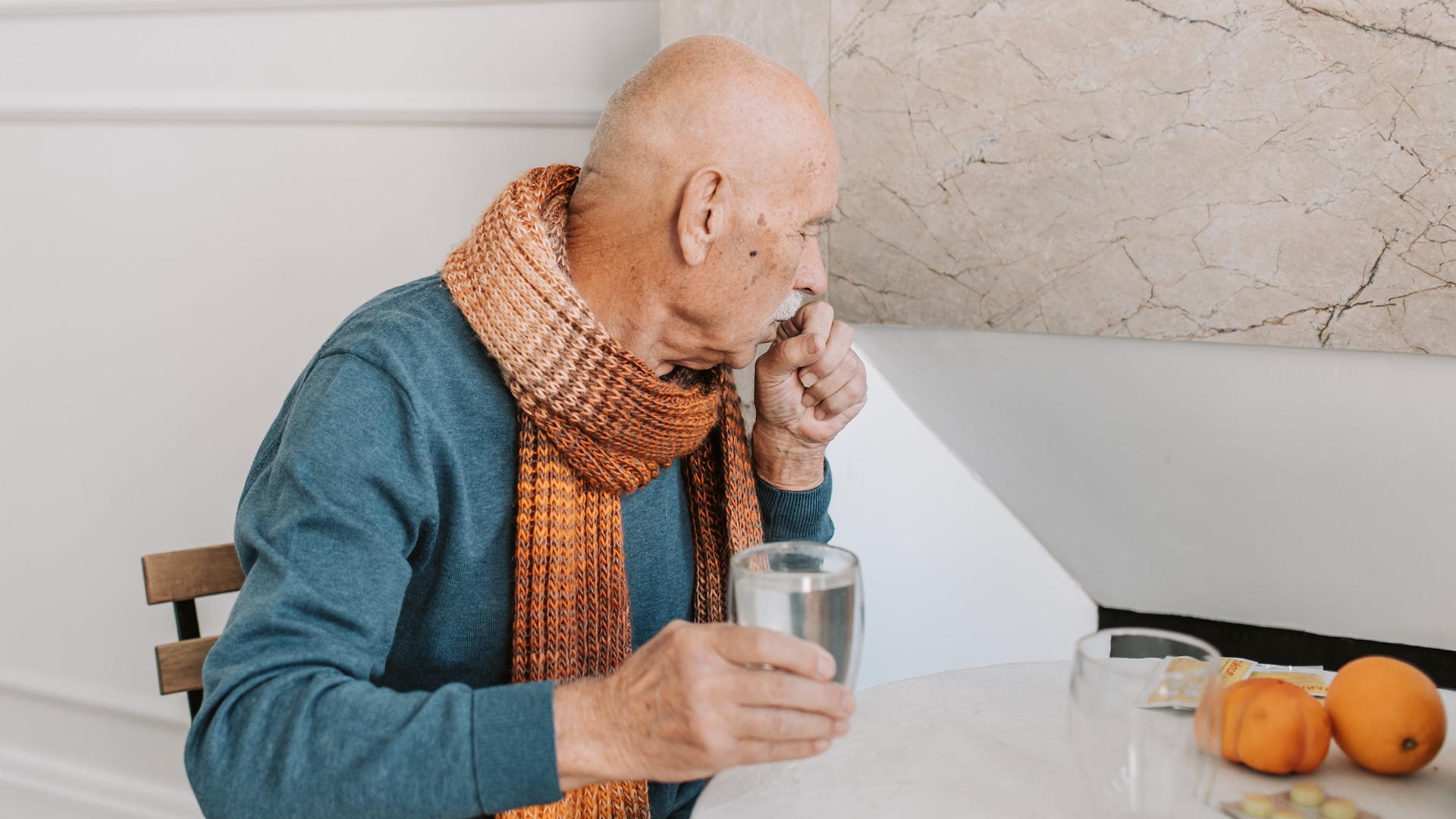While there is plenty to enjoy about a New England winter, it also comes with plenty of challenges, some of which become more pronounced for the elderly. Whether you are dealing with these issues yourself or caring for someone who is, we have tips for combatting common winter woes.
Seasonal Depression
Seasonal Affective Disorder (SAD) is a common, but still serious, mental health issue. This form of depression can be triggered by the decrease in natural light and colder temperatures, dampening mood and energy levels. While SAD affects people of all ages, it can be exacerbated in the elderly because the weather often results in fewer activities and opportunities for socialization, leading to increased feelings of loneliness and isolation.
Symptoms of SAD mustn’t be taken lightly. If you or someone you know is experiencing feelings of sadness or hopelessness, fatigue, difficulty concentrating, restlessness or loss of appetite—talk to a health professional about treatment options, which can range from lifestyle changes to therapy to medications.
Respiratory Conditions
The elderly are at greater risk of developing lung conditions and infections and tend to experience more serious symptoms, which are often triggered or worsened by winter’s cold, dry air.
Running a humidifier goes a long way in combatting common winter woes, including mitigating the effects of dry air on noses, throats and lungs. Aim for a humidity level between 30 to 50%; too much poses other risks. Clean the humidifier daily to prevent the buildup of mold and mildew. Also, increase your daily fluid intake, with an emphasis on water. If you don’t enjoy plain water, seltzer or decaffeinated tea are good options.
Symptoms of pneumonia in the elderly include:
- Coughing, often with mucus
- Chest pain when coughing or breathing
- Confusion
- Fever, shivering and chills
- Fatigue
- Head and body aches
- Shortness of breath or wheezing
- A lower-than-normal temperature.
If you or someone you care for experiences any of these symptoms, seek immediate medical care.
Skin Conditions
As we age, our skin becomes thinner and drier, making it more fragile, delicate and susceptible to injury. Cold, dry winter weather further contributes to dry, itchy skin, making it vulnerable to scratches and skin infections.
Using a humidifier and increasing your intake of fluids, as mentioned above, do double duty by also helping to protect your skin. A diet rich in fruits and vegetables, which are high in antioxidants, is also beneficial for skin health. Take shorter showers and use water temperatures that are comfortable, but not hot. And be sure to moisturize your skin immediately after bathing and regularly throughout the day as needed.
If you or someone you care for struggles with dry skin, has scratches that aren’t healing or develops a skin rash, talk to a health care provider. Medicated lotions or creams may be necessary.
Slips and Falls
The risk of slips and falls grows with age, as do the consequences. According to the Centers for Disease Control (CDC), 3 million people a year receive emergency care for injuries sustained in a fall, including hip fractures and traumatic brain injuries.
Removing tripping hazards—such as clutter, cords and throw rugs—can help reduce the risk of falls, as can adding grab bars in the bathroom. Wear slippers with backs and rubber soles, or socks with rubber grips, when indoors.
Winter poses additional risks due to snow and ice outside, and water from wet boots and outerwear indoors. Be sure walkways and steps are clear and sanded before venturing out. If possible, avoid going out in bad weather conditions, taking advantage of amenities like grocery and food delivery services or our prescription delivery.
Here for Your Questions
If you have any questions about the medications you or someone you care for are taking or prescribed this winter, we pride ourselves on providing clear, expert assistance. Reach out if we can help.

